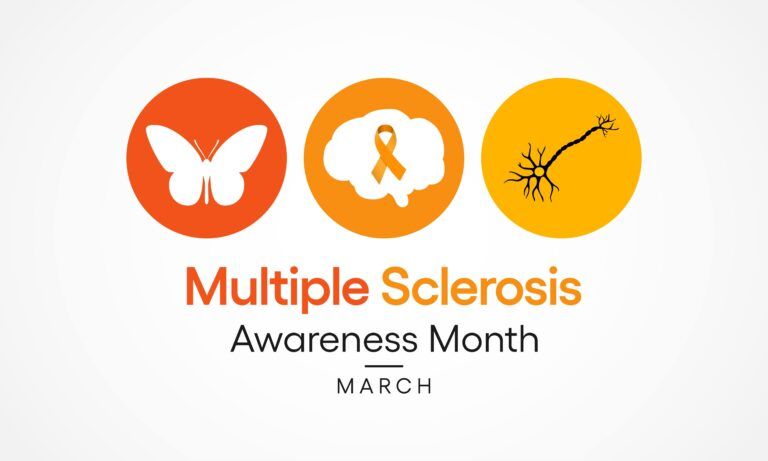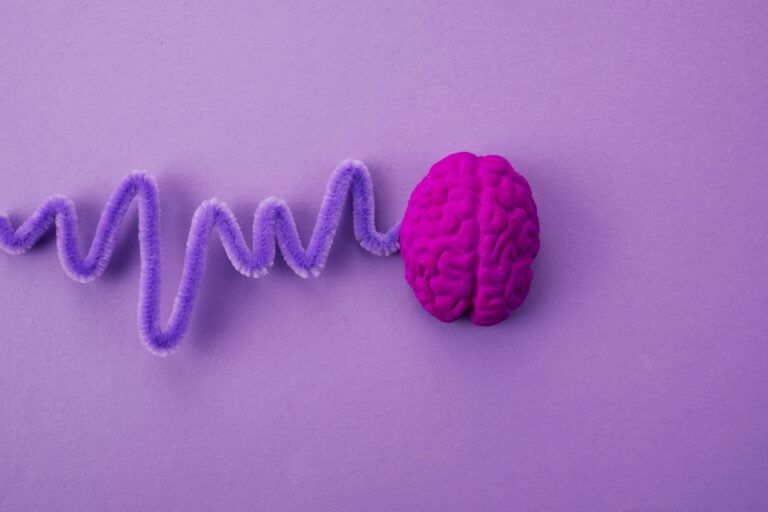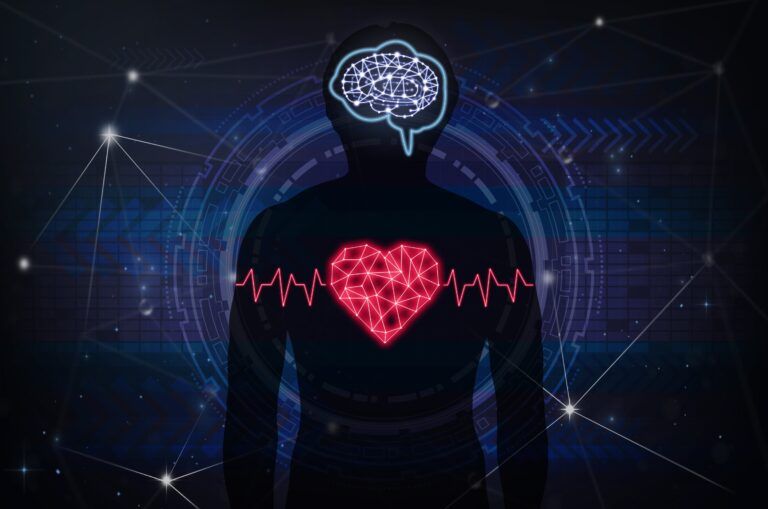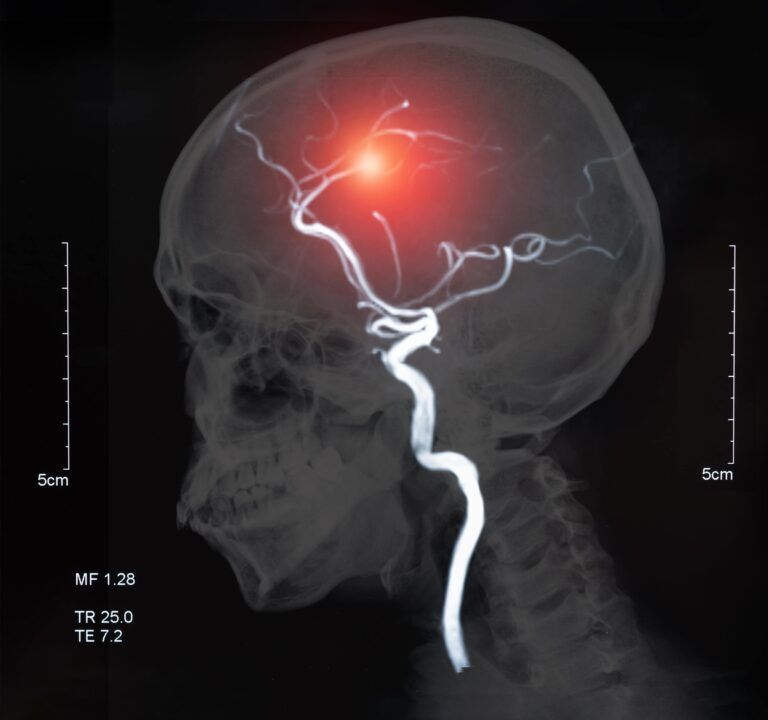
Navigating the Path: Understanding the Diagnostic Process and Treatment Options for Multiple Sclerosis
March is Multiple Sclerosis Awareness Month. Multiple Sclerosis (MS) is a complex and often unpredictable disease of the central nervous system that disrupts the flow of information within the brain, and between the brain and body. It presents a wide range of symptoms, which can vary greatly from person to person, making the journey to a definitive diagnosis and effective treatment plan a challenging one. In this blog post, we’ll explore the diagnostic process for MS, as well as the current treatment options available to those living with this condition.












